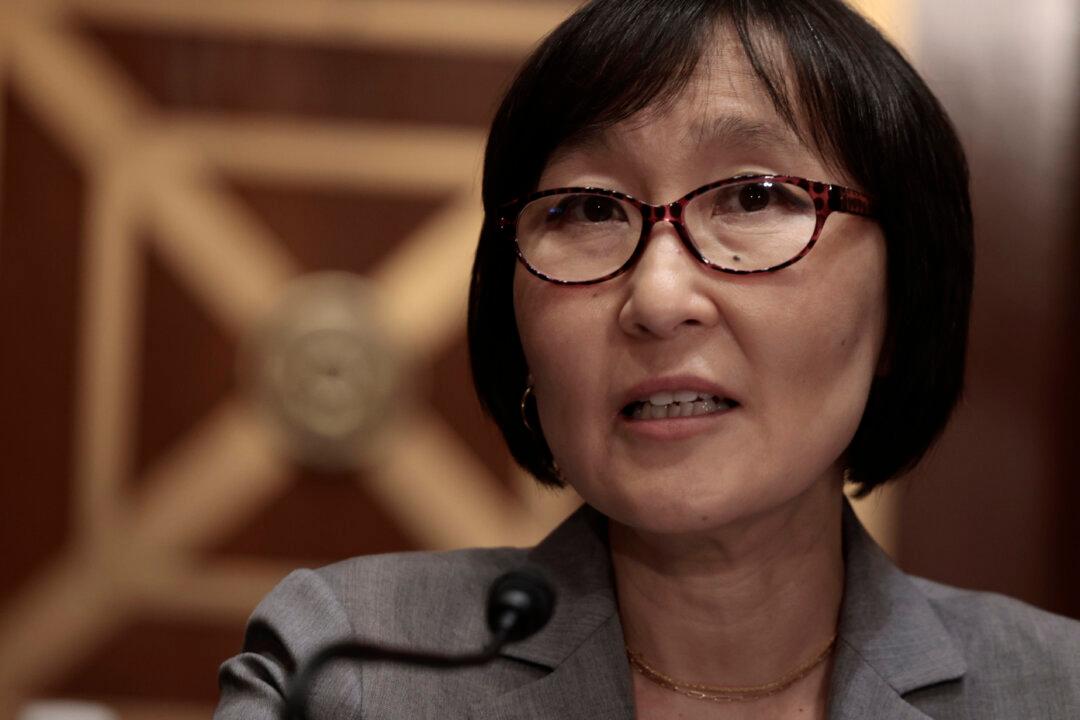Commentary
What can we say about Saule Omarova, President Joe Biden’s nominee to the important Treasury position of head of the Office of the Comptroller of the Currency?

What can we say about Saule Omarova, President Joe Biden’s nominee to the important Treasury position of head of the Office of the Comptroller of the Currency?